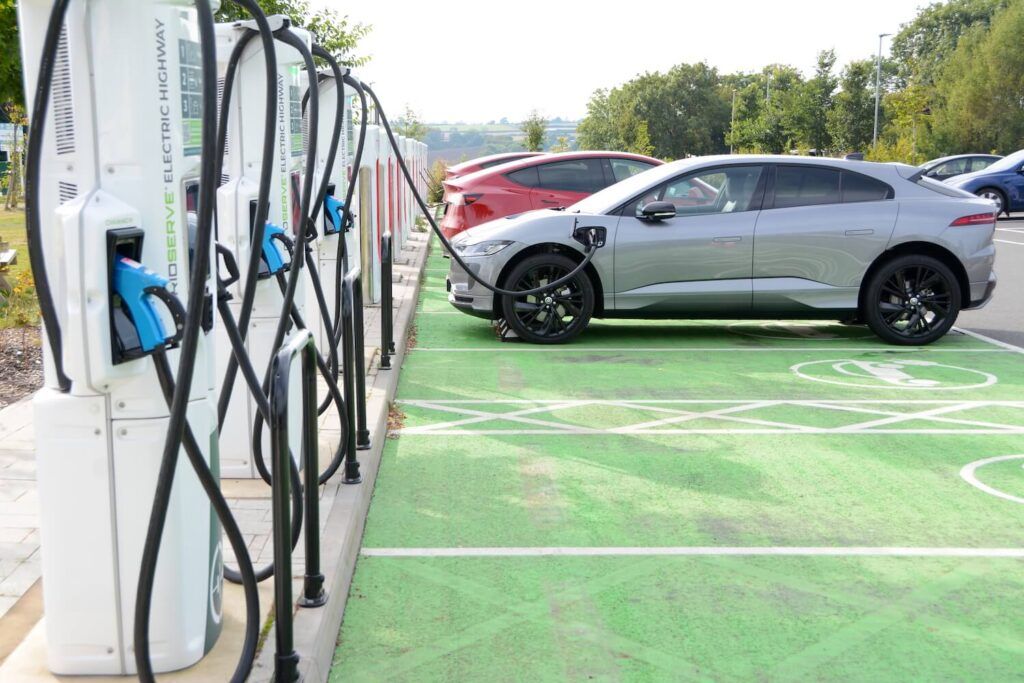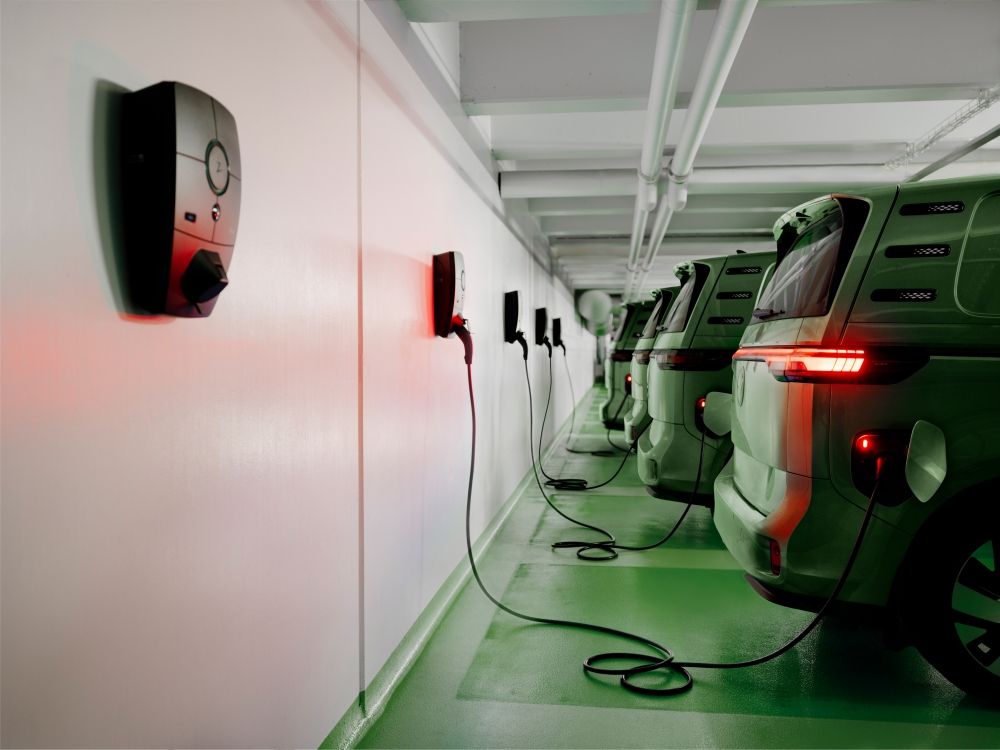UK car manufacturing rose by 39.8% in September, which is 25,105 more than the same month last year, according to the latest figures.
The data, published by the Society of Motor Manufacturers and Traders (SMMT), is the strongest month of growth in 2023 and the best since 2020. The entire sector is now 14.9% up on 2022 levels in the year to date.
Output increased for both domestic and export markets, with production for the UK up 65.9% to 23,503 units and overseas shipments rising 32.2% to 64,727 units. Deliveries to the US were up also a fifth, China was up more than a quarter and Turkey rose by 212%.
But the EU continued to be the leading export market, with 37,563 UK-built cars shipped to the bloc in the month, up 46.1% on last September and representing 58.0% of the sector’s overseas trade.
The news illustrated the impact of tariff-free trade set out in the UK-EU Trade Cooperation Agreement (TCA), which could change in January 2024 when tougher rules of origin for batteries come into force. Failure to comply will result in a 10% tariff, which if fully passed on would raise the average cost of UK-built battery electric vehicles (BEVs) by £3,600 in Europe, while EU-made BEVs sold in the UK would see an average £3,400 price hike.
Mike Hawes, SMMT Chief Executive, said: “A particularly strong period of car making is good news for the UK, given the thousands of jobs and billions of pounds of investment that depend on the sector. With countries around the world shifting to zero-emission motoring, Britain is well placed to be a global EV manufacturing hub if the investment and trading conditions are right.
“Given the increasing importance of electrified car production, the first and urgent step is for the UK and EU to agree to delay the tougher rules of origin requirements that are due imminently. This would give the necessary breathing space for automotive sectors on both sides of the Channel to scale up gigafactories and green supply chains, both of which are essential for a stable, long-term transition.”
Image from Shutterstock











